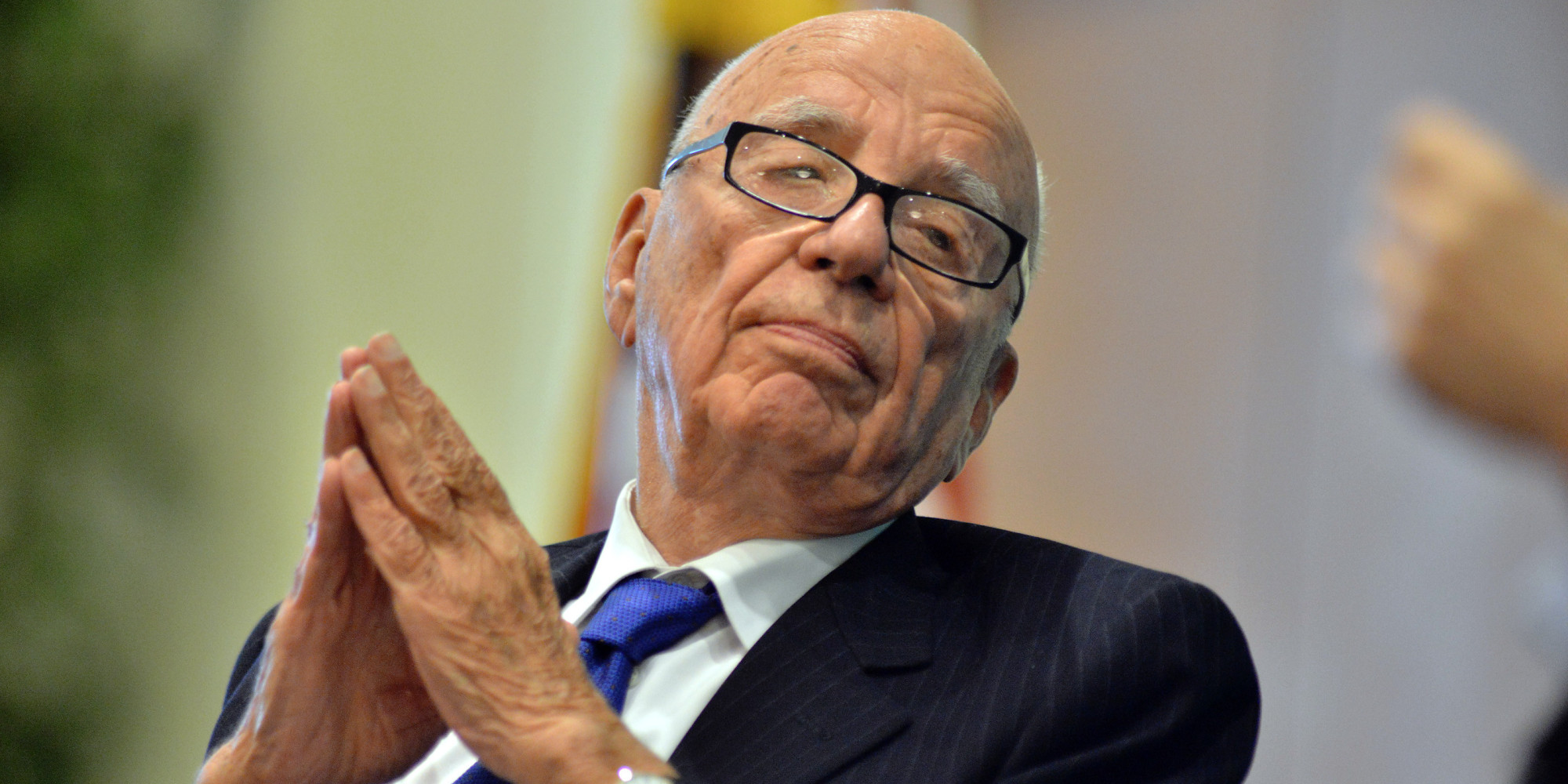By Steve Bell and Allie Friedman
Google [itself a provider of opportunities for intrusion] the phrase “What should people do about Facebook now?” and the first page of responses is all about getting off Facebook.
None are from this month, or recent days, however, when the revelations about Cambridge Analytical stealing your data emerged.
So, don’t say you weren’t warned. It’s called Facebook. Its DNA doesn’t have a privacy gene. And since it first appeared, critics of all persuasions warned it was a deal with the devil.
But, indeed, what do businesses and individuals do now?
Facebook rushed out new options to provide “more” control over privacy, and make it easier to find them. An NPR story from March 28 also notes that Facebook CEO Mark Zuckerberg solemnly promised improved privacy options – in 2010. How’d that work out for you?
Face reality here. No one’s putting the Facebook genie back in the bottle. We may worry about air pollution and global warming, but most of us still drive a car. We know running will lead to injuries, but we still run. We may not love our jobs, but we need the money.
Point is, even if you’re not on Facebook, Twitter, Instagram, Pinterest, Snapchat and LinkedIn, even if you don’t have a smartphone and stay off the internet, your information is still out there for the plundering.
If you are a company or a non-profit, a school or college, your information is available in public. What can you do? Be smart, careful and thoughtful about what you share.
The lawyer and PR person’s admonition goes like this: “Never write if you can speak; never speak if you can nod; never nod if you can wink.” And former New York Gov. Eliot Spitzer added “never put it in email” – advice he apparently could not follow.
NPR reported that Facebook Chief Privacy Officer Erin Egan and Deputy General Counsel Ashlie Beringer said: “We’ve heard loud and clear that privacy settings and other important tools are too hard to find and that we must do more to keep people informed.”
The changes make it easier for users to see what information they’ve shared, delete certain personal information and control ads that they see, according to NPR.
In the end, will businesses leave Facebook in any meaningful numbers? Not likely. Nor will individuals. The very currency Facebook prints its billions on is your information. It’s not going to stop mining that data. To expect otherwise is like telling a tobacco company to sell a healthy cigarette. A business or a person can limit access, but it’s counter-intuitive to think for a moment that you could stay private and stay on Facebook.
Or, that if you were to leave Facebook that your information would somehow migrate to a vault only you can open.
Facebook started and spread like the flu with the idea of sharing. We share where and what we eat; what we buy; where we vacation; what our children do; what we think today; what we love and what angers us.
Expecting Facebook not to share this information is like waiting for a subway train with no other passengers. Not going to happen.
In 2015, the Pew Research Center found that 83 percent of mothers and 74 percent of fathers say they agree or strongly agree that they get parenting information from social media. Where is Amazon, Kimberly-Clark, Earth’s Best, Baby Bjorn and Beech-Nut going to seek and find these parents?
What’s the key to the success of Amazon and Google? Data. How did Spotify turn the music business upside down? Data. All of these global companies that attract millions of users leverage the information they get from them, whether it’s the products they buy, the songs they listen to or the places for which they search.
That’s not a secret. And it’s most certainly not stopping people from online shopping. It’s part of what you sign up for when you download an app, create an email account or type “where to eat dinner downtown.” Whether you like or it not, it’s the world we live in today and we can’t place all of the blame on the company.
Even the supposed solution to, or inoculation against, Facebook’s sharing too much information is #deleteFacebook. It’s a hashtag, people. You’re sharing a decision on social media about leaving social media?
We know soft drinks are unhealthy; we know too much beer or wine is dangerous; we know cars crash and household cleaners are fatal if swallowed.
Reforms are needed in Facebook’s operations. Social – there’s that word again – pressure will drive change. The Federal Trade Commission may institute new rules and protections. And, Facebook itself, having lost almost $50 billion in market capitalization on paper in two days last week, will adjust.
Be wary, however, not of Facebook today, but what’s next. You can start your car with a phone app; you have a Google Home or Amazon Alexa at your house or Apple’s Siri on your phone and in your car; you may even have a camera in your refrigerator so you can see from the supermarket aisle if you need milk.
What’s next should be the bigger concern.
For more information:
https://digiday.com/media/facebook-has-a-real-problem-nbcuniversal-ceo-steve-burke/?utm_medium=email&utm_campaign=digidaydis&utm_source=publishing&utm_content=180328
https://www.nytimes.com/2018/03/28/technology/personaltech/social-media-timeline.html








